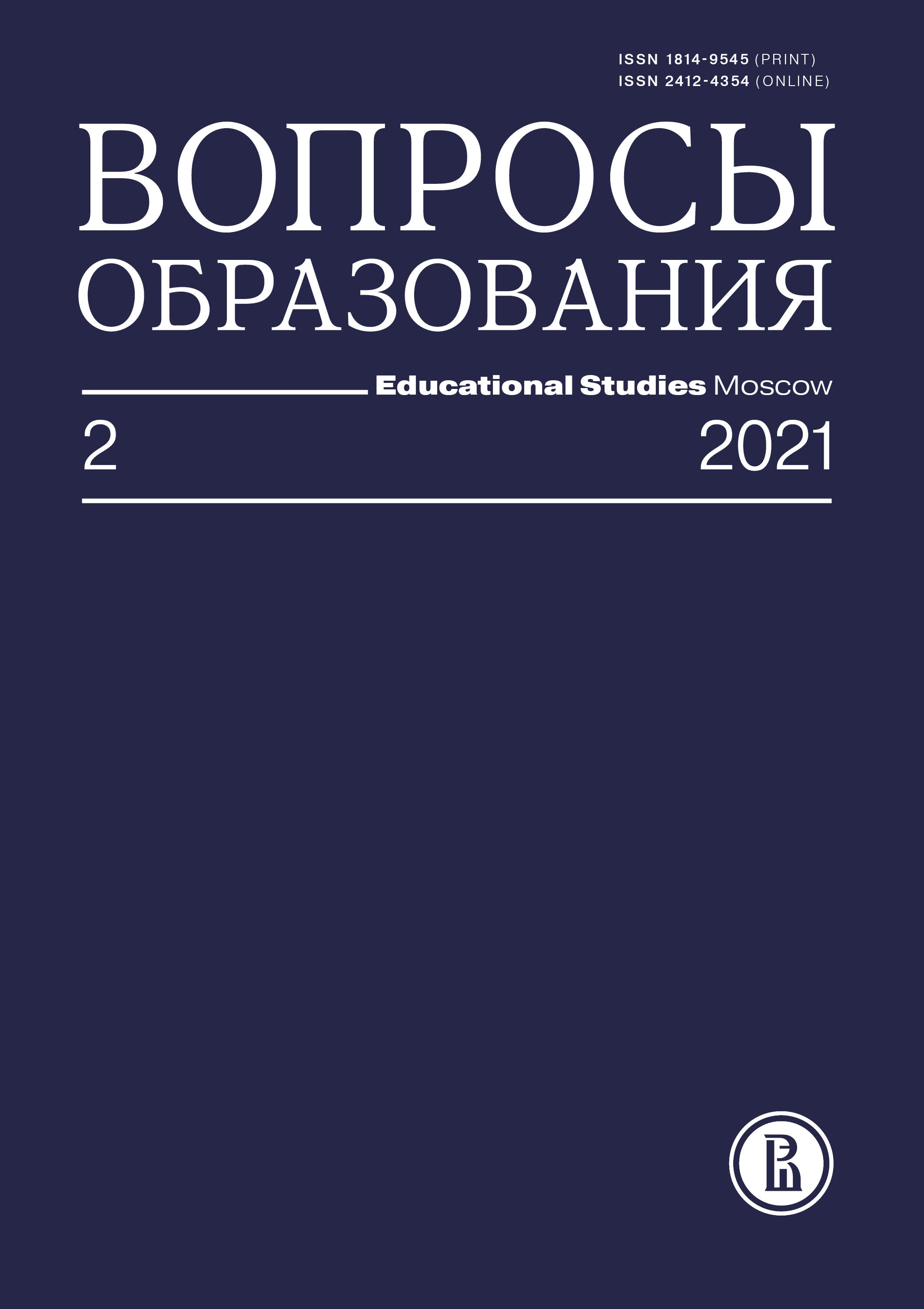Measuring Basic Mathematical Literacy in Elementary School
Abstract
Measuring mathematical literacy is not easy as this construct is multicomponent and tasks often involve a lot of reading. As a rule, intended users of measurement results want information about the overall level of respondents’ mathematical literacy as well as its specific components. According to educational and psychological testing standards, reporting overall scores together with subscores simultaneously requires additional psychometric evaluation to provide evidence for validity of all scores reported. A study performed shows that PROGRESS-ML, a test measuring basic mathematical literacy in elementary school pupils, can be used as a one-dimensional measure, allowing overall test scores to be reported. Meanwhile, reading skills do not contribute significantly to the likelihood of item response, and subscores can be reported as complementary to the total score.









